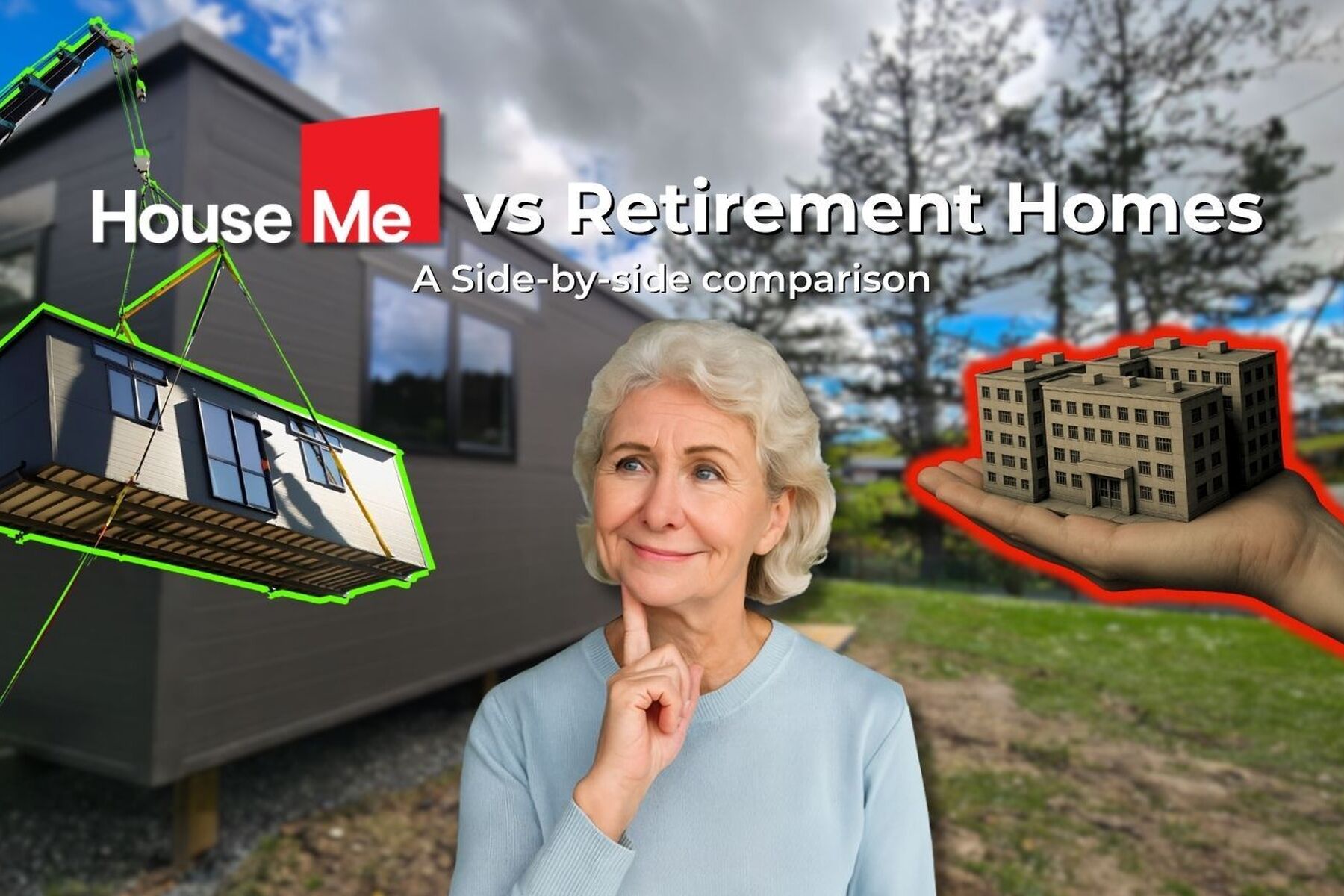
Aging in NZ: Your Practical Housing Options Explained - A Straight-Up Guide for Kiwi Families
As Kiwis age, choosing where and how to live becomes a big decision - for them and their whānau. This guide breaks down the most practical living options, from staying on the family property to moving into a retirement village. We look at the pros, cons, and costs so you can make the right call for your future or help your loved ones do the same.